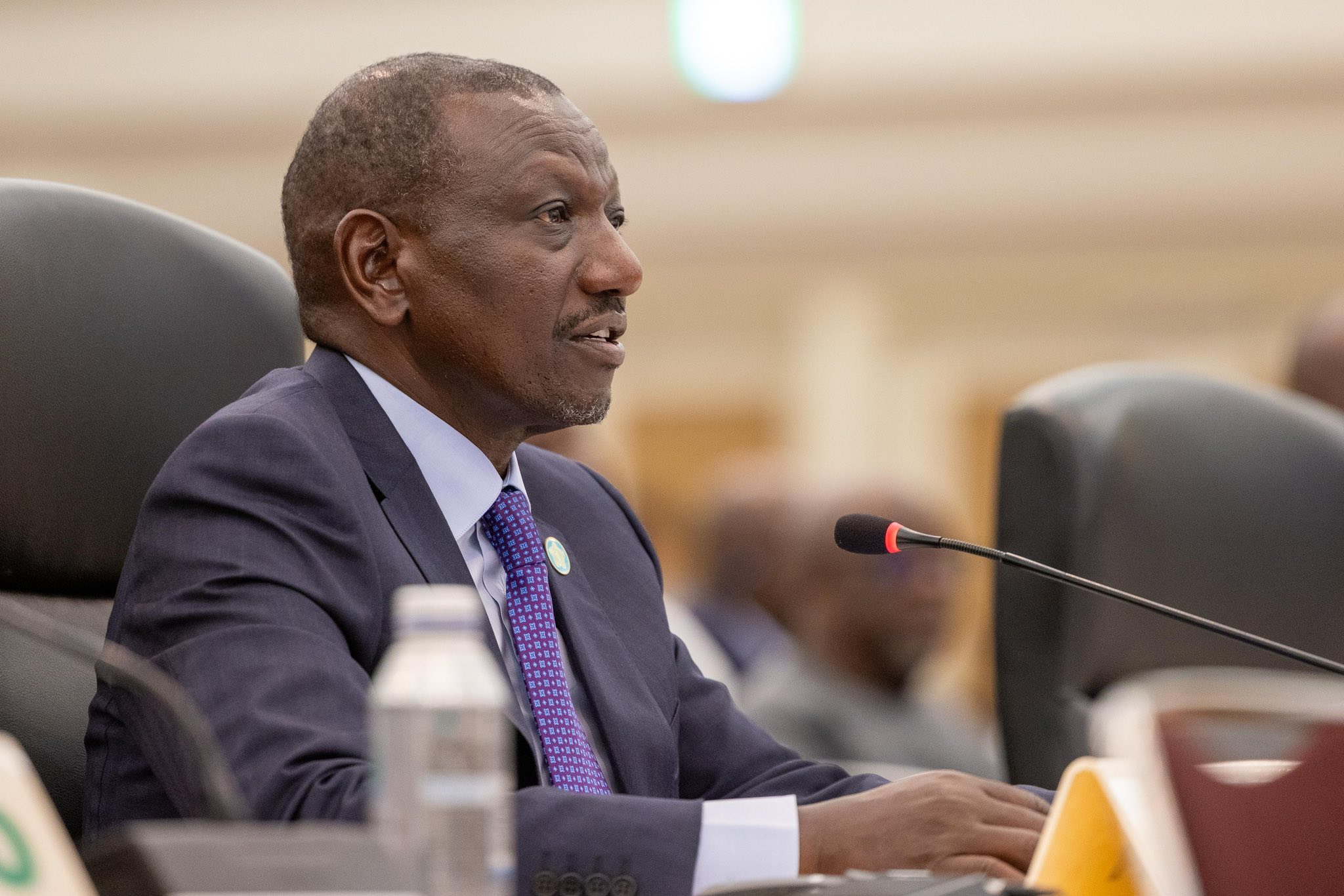President William Ruto has called for a stronger Africa-Japan partnership to address global food insecurity, highlighting Africa’s potential to give a significant boost to rice production with the support of Japanese technology and expertise.
Speaking at the Tokyo International Conference on African Development (TICAD9) plenary session in Yokohama, President Ruto emphasized that Africa’s agricultural resources, combined with advanced technology from Japan, could help close global food gaps and stabilize rice supply chains.
"I heard the Prime Minister of Japan mention that you have challenges with rice," Ruto said.
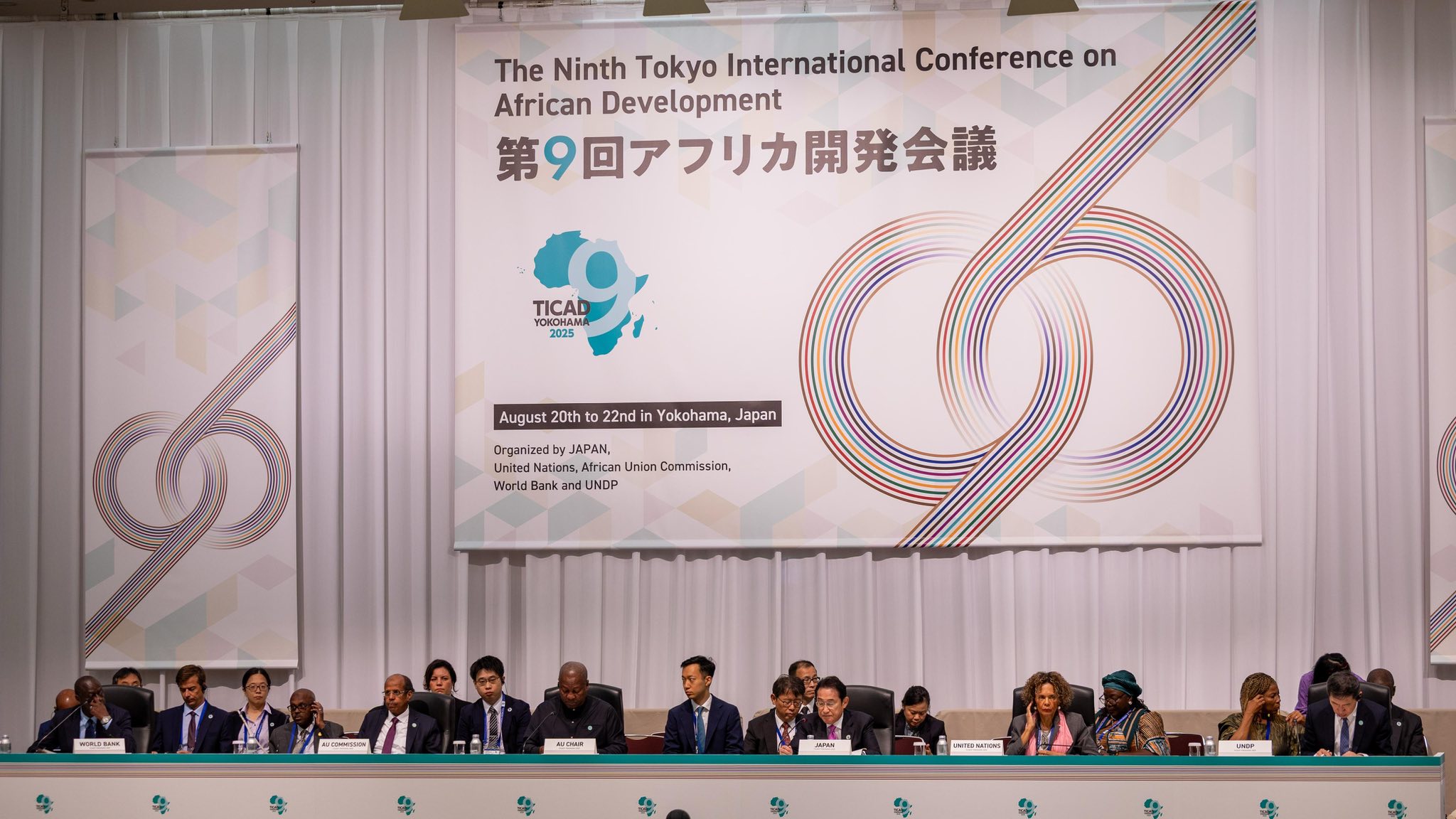
"We believe there is an opportunity for us to contribute to rice production globally. Leveraging Japanese technology and expertise with Kenya and Africa’s assets of land and human capital, we can together solve the problem of food globally."
The head of state noted that Africa holds two-thirds of the world’s uncultivated arable land, making it uniquely positioned to lead in food production.
Ruto outlined Kenya’s ongoing efforts to enhance agricultural productivity through the use of improved seeds, fertilizers, mechanization, and irrigation systems.
"Our focus is on enhancing productivity," he stated, commending Japan for its support in Kenyan irrigation projects such as the Ahero Irrigation Scheme and major rice programs in Central Kenya.
Ruto revealed that Kenya has already reduced its food import bill by $2 billion in the last two years through investments in productivity and agricultural inputs.
"We believe that there is an opportunity for Africa to contribute meaningfully to global food sustainability systems," he said.
"We can leverage the land assets, human capital, and green energy resources that we have for Africa to contribute to feeding the rest of the world."
Beyond agriculture, Ruto also highlighted Kenya’s ambitious plans for the blue economy, targeting growth from KSh 20 billion to KSh 120 billion.
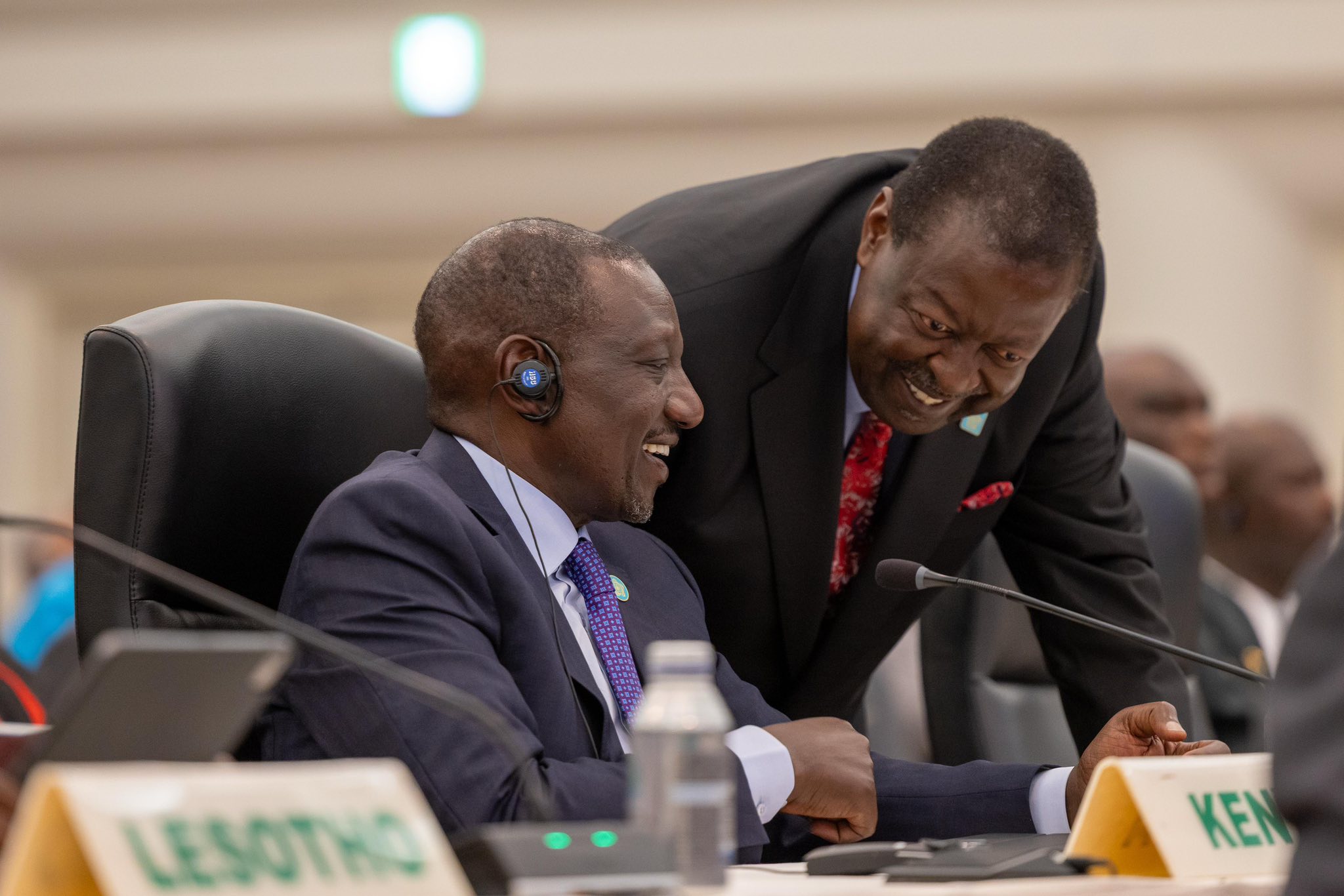
These plans include equipping local communities, expanding cold storage facilities, developing fish landing sites, and restoring marine ecosystems through initiatives like mangrove regeneration.
"We are investing in efficient management and ecological sustainability to secure food for today and the future," he said.
The President also reiterated Kenya’s commitment to creating a conducive business environment, citing progressive tax and legal regimes that have attracted over 120 Japanese companies to Nairobi, engaging in sectors from manufacturing to construction.
During the conference, Ruto held talks with major Japanese corporations, including Sumitomo, Marubeni, and Fujita, which pledged to expand their operations in Kenya and strengthen bilateral trade.
"Relationships between nations must serve the common good of their citizens," Ruto told delegates.
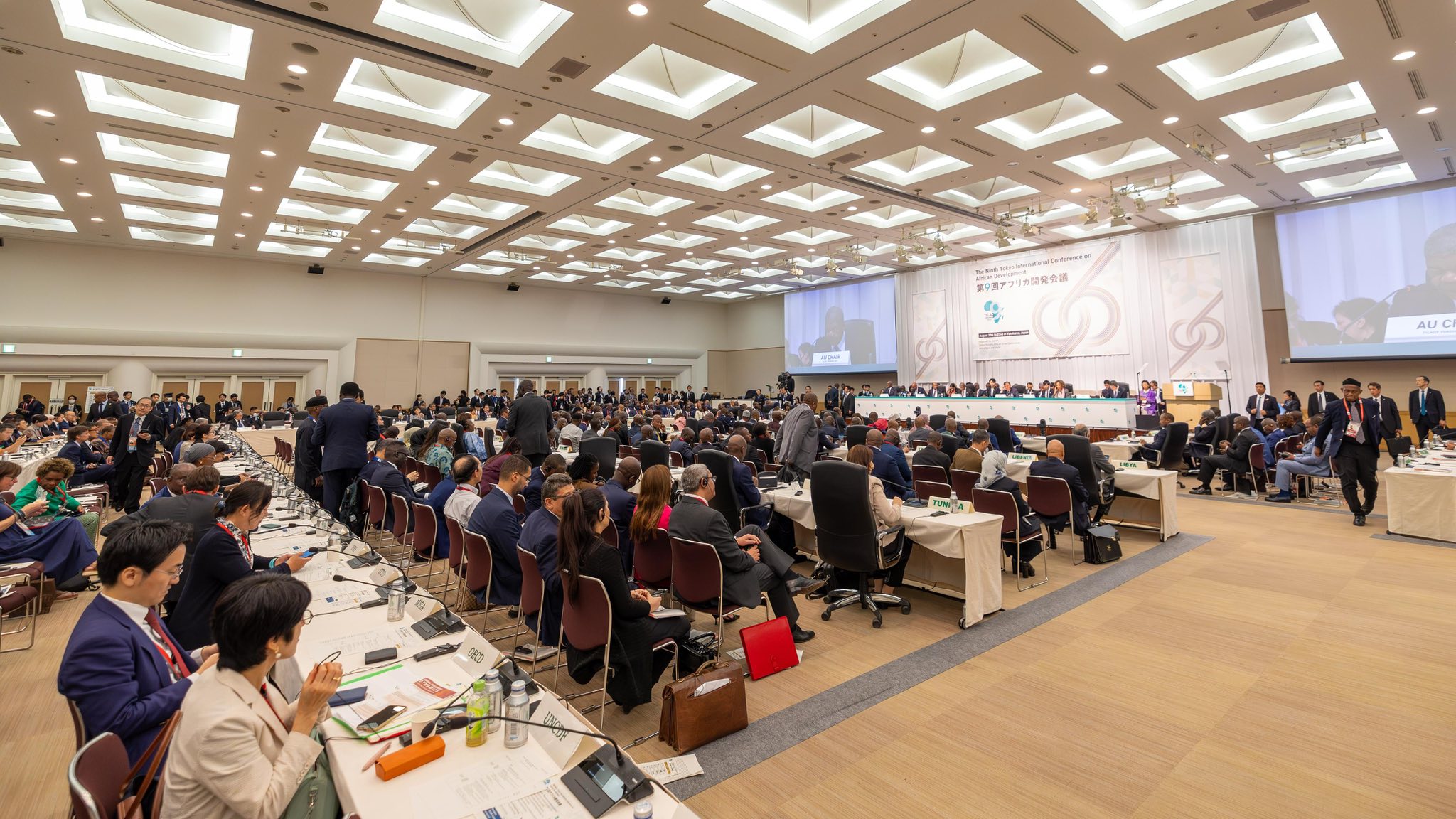
He underscored the role of people-to-people partnerships, such as cultural exchanges and educational programs, in fostering trust and long-term collaboration.
President Ruto praised the exchange program between Yokohama Commercial High School and Alliance High School in Kenya, calling for similar initiatives across schools, technical institutions, and universities.
On employment, Ruto announced ongoing efforts to formalize labor mobility frameworks with Japan, enabling more Kenyans to work and train in Japan.
"Our country boasts a large pool of well-educated, tech-savvy young people who are adequately equipped to work with the most advanced technologies to drive innovation," he said.
Closing his remarks, President Ruto reiterated that Africa’s economic growth must translate into tangible benefits for its people.
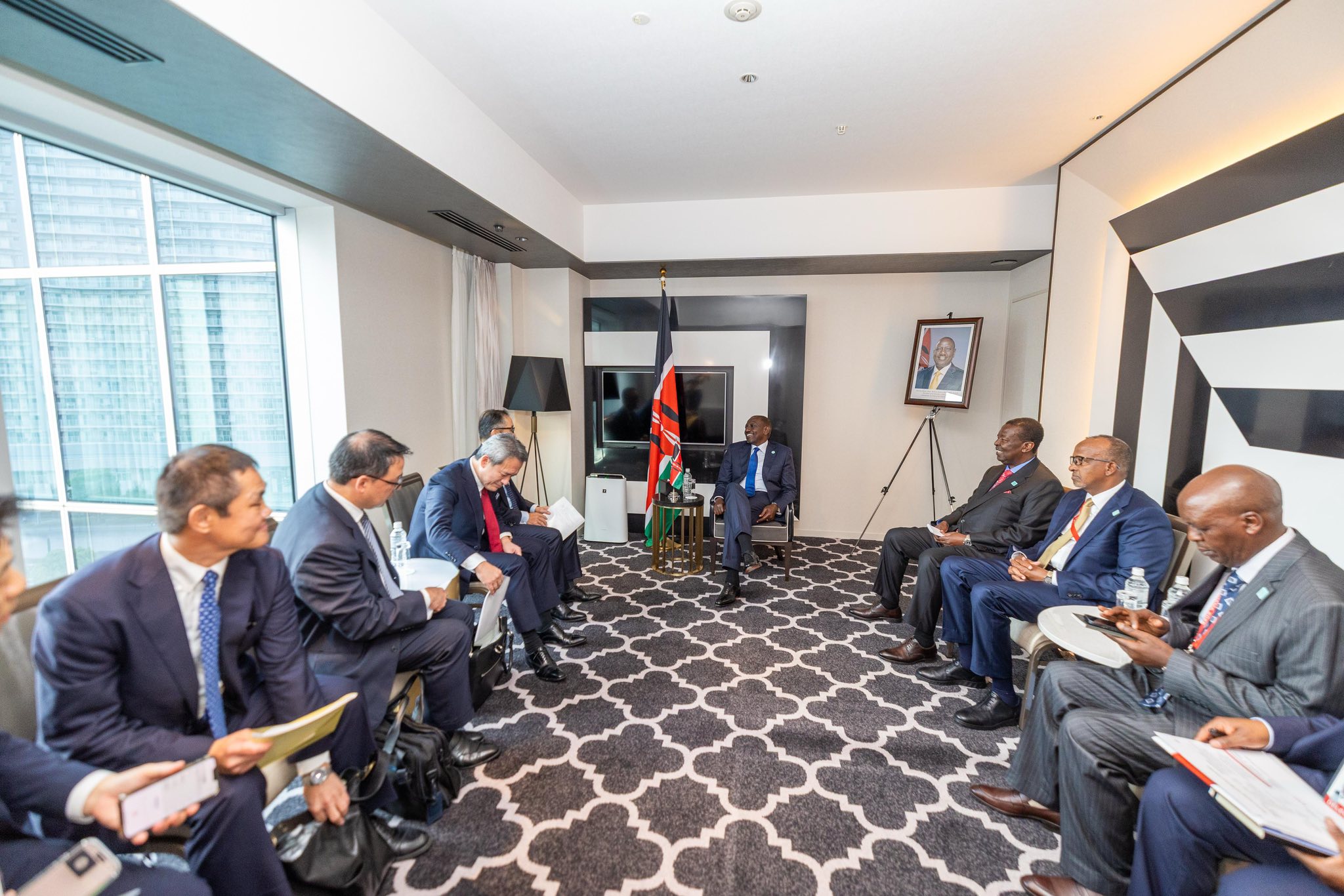
"For inclusive growth and shared prosperity to become a reality, we must substantially invest in people's health, education, and well-being," he said.
"By deepening our partnership with Japan, Africa can unlock its full potential and play a central role in building a food-secure, sustainable future for all."

